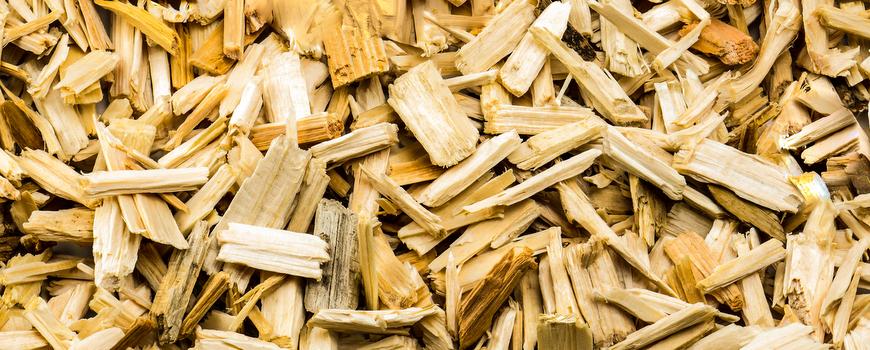
The Intergovernmental Panel on Climate Change's (IPCC) fifth assessment report (2014) states that 'bioenergy can play a critical role for [climate change] mitigation, but there are issues to consider, such as the sustainability of practices and the efficiency of bioenergy systems'. It goes on to explain that 'barriers to large-scale deployment of bioenergy include concerns about [greenhouse gas] emissions from land, food security, water resources, biodiversity conservation and livelihoods. The scientific debate about the overall climate impact related to land-use competition effects of specific bioenergy pathways remains unresolved…'
What does it mean to have a sustainable source of biomass? How can different biomass fuels be compared and what are the sustainability criteria upon which the comparisons can be reliably made? These were some of the questions that Byrne Ó Cléirigh, in collaboration with Ecofys, was tasked with investigating by the Sustainable Energy Authority of Ireland (SEAI).
The objectives of our work included determining:
- Which sustainability criteria could be applied in Ireland.
- How those criteria could be incorporated into measures to encourage the development of sustainable biomass supplies.
- How a scheme for ensuring sustainability could be implemented.
Other Member States have introduced sustainability requirements on solid and gaseous biomass, but Ireland has yet to do so. Our work will inform the development of a policy landscape for solid and gaseous biomass and enable SEAI to develop approaches for ensuring that biomass placed on the Irish market is sustainable.
